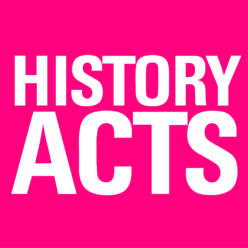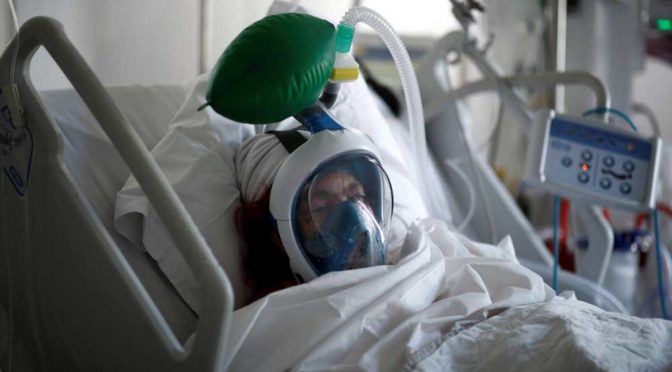Those most affected by COVID-19 are often unable to speak. Who else is not being heard or listened to? Historians and archivists consider what needs to be done.
ONLINE MEETING
TUESDAY 9 JUNE 6:30PM-8:30PM
Watch the recording and download the write-up.
ACTIVISTS
Paul Dudman – Living Refugee Archive
The Living Refugee Archive is based at the University of East London’s Library at Docklands, the home of the Refugee Council Archive for over a decade. It facilitates accessibility to archival resources on the refugee and forced migration experience.
Jen Hoyer & Nora Almeida – Interference Archive
The Interference Archive was founded in Brooklyn in 2011 and explores the relationship between cultural production and social movements. Its archival collection comprises cultural ephemera produced by and for social movements worldwide. It also produces publications and hosts a study centre and public programmes.
Fani Arampatzidou & Chris Jones – MayDay Rooms
The MayDay Rooms collect and preserve historical materials related to social movements, experimental culture and the radical expression of marginalised figures and groups. Their current project Pandemic Notes works to build an archive around the Covid-19 crisis.
HISTORIANS
Dr Charlotte Clements is Senior Lecturer in History at London South Bank University. She specialises in youth, welfare and charity in Britain since 1945 and has worked on a British Academy project supporting charities and voluntary archives to preserve and use their archives.
Dr Andrew Flinn is Reader in Archival Studies and Oral History at University College London. His academic interests include documenting the activities of political movements and parties, particularly grassroots political activity and the use of history by political parties and activists.

